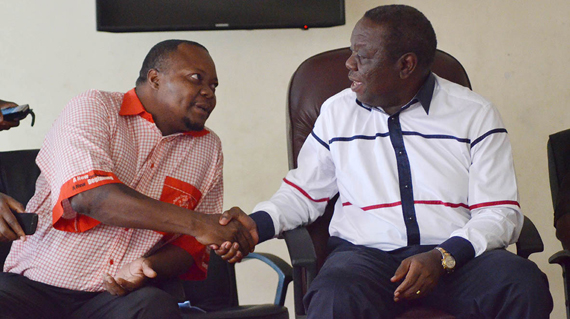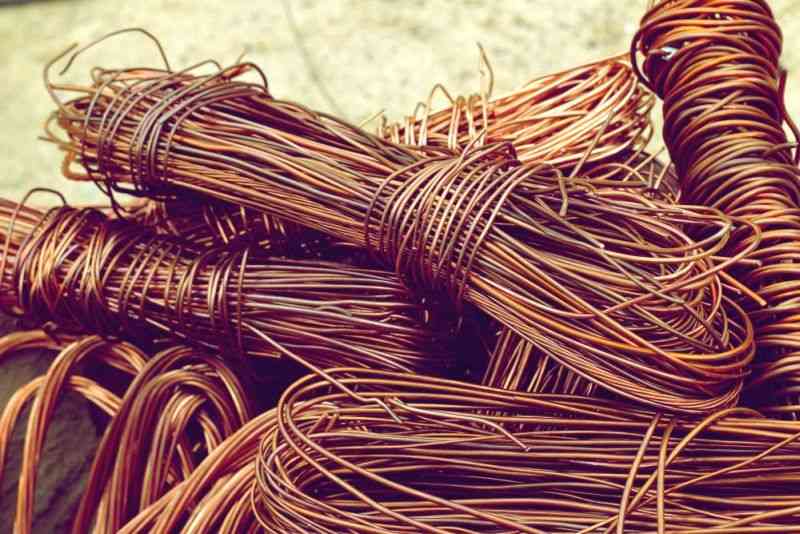
THE last two months have seen much activity on social networking sites. Firstly it was Psychology Maziwisa suing or threatening to sue Job Sikhala for what Maziwisa deemed as defamatory posts.
This was after a number of politicians in both Zanu PF and the MDCs had taken to social media to castigate and defend their political decisions.
Then entered Wicknell Chivayo who posted about his meeting with President Robert Mugabe and went on to slate the CIO for being overzealous and unprofessional. Within two days he had taken down this post.
Lastly the famed whistleblower Baba Jukwa was reported to have been unmasked in a hacking operation. Since then there have been accusations and counter accusations including threats of legal action.
Others have called for the unmasked Baba Jukwa to be extradited and face a myriad of charges in the country.
All these events have once again brought attention to social networking, citizen journalism and other matters arising.
Through social networks, citizens are becoming not only consumers, but also producers of their own content.
Most Facebook pages or Twitter accounts have thousands of followers for example. These followers depend on opinion makers for news and analysis.
- Chamisa under fire over US$120K donation
- Mavhunga puts DeMbare into Chibuku quarterfinals
- Pension funds bet on Cabora Bassa oilfields
- Councils defy govt fire tender directive
Keep Reading
The same way that newspapers create headlines, many opinion makers have their own audiences that follow them for a daily dosage of information.
Facebook has been particularly prominent in Zimbabwe with a number of popular pages being created.
The Baba Jukwa page for example was for long a source of juicy gossip especially about abuse of power some of which came to pass.
From factional politics, to abuse of funds the page kept its audience informed. While some showed scepticism about the pages’ credibility, many religiously followed it.
Others even argued how it had connected ordinary citizens to their leaders as the page would supply contact details of prominent government officials that citizens would call seeking or demanding answers on certain things.
Respectable publishers and publications are believed to have worked in cahoots with this page while others relied on this page for some of their editorial content. This raises issues around ethics and professionalism.
To what extent should journalists rely on or regurgitate what they see on social networking sites and pass on to their audiences as credible news? Now that Baba Jukwa could yet not be an inside top Zanu PF official what becomes of all those reports that were fished on his page and passed on to readers as news?
Secondly, Chivayo was forced to take down his posts. Whether he did this voluntarily or was threatened is anybody’s guess. If he was forced to take down his posts it shows that social network users can be held accountable for their posts.
We may post only for our friends or followers, but the audience on social media can be much bigger than one anticipates. For example I do not follow Chivayo, but read his posts through other friends who would have shared the posts.
What is meant for a small audience on social networks has the ability to spread. In some cases it may cause harm to others and in some cases spread very good ideas.
We lose control of the ideas or sentiments we share on social media, so it is important to ensure that one is a conduit of credible and responsible information on these platforms.
Thirdly there are issues of information security on these platforms. Posts that we make hiding behind our keyboards can come back to haunt us.
For example supplying our phone numbers makes it possible for our online activity to be traced back to us.
GPS location capability that informs your audience where you are posting from may also give away your identity. In the case of Baba Jukwa hackers were able to track him down through other means.
What this means is social networks may seem a very dense forest where we can slander, defame or spread dangerous ideas from, but our identities are not perpetually safe. There are ways to navigate this dense forest and pin point trouble makers.
There are ways to track down those posting on social networks even when they are using code names.
Ofcourse those well versed with information security may have ways to avoid detection, but there are no guarantees.
Fourthly, the emergence of pages such as the Baba Jukwa one that whistle blow and report on things in secrecy, points towards a closed democratic space that the media operates in.
As Didymus Mutasa alluded in The Herald some of Baba Jukwa’s posts were shockingly accurate.
Social networking sites become the main sources of news for citizens if the media is constantly hindered from reporting these things through laws and coercion.
So while there may be jubilation that Baba Jukwa has been caught, another page will soon emerge if the media space remains closed.
Lastly as the case of the boy in Chiredzi last year set a precedent, we can be held accountable for our activities on social networks.
Criminal charges or civil litigation can flow from our activities on social media. It will be interesting to see how the Maziwisa v Sikhala case unfolds or the potential criminal case the accused Baba Jukwa unravels, but recent events on social media certainly provoke a rethink on how one uses the Internet.
A case of self regulation and self censorship, the recent events place questions on media practitioners and ordinary citizens. Are there any boundaries in how we use social networks?
Social media has the potential to be harnessed for development in Zimbabwe, but the current trends so far point towards irresponsible use that polarises society.
It remains to be seen if Zimbabweans will embrace this life-changing technology and put it to good use.
Malvern Mkudu is a researcher with the centre for public accountability. He writes in his personal capacity.










